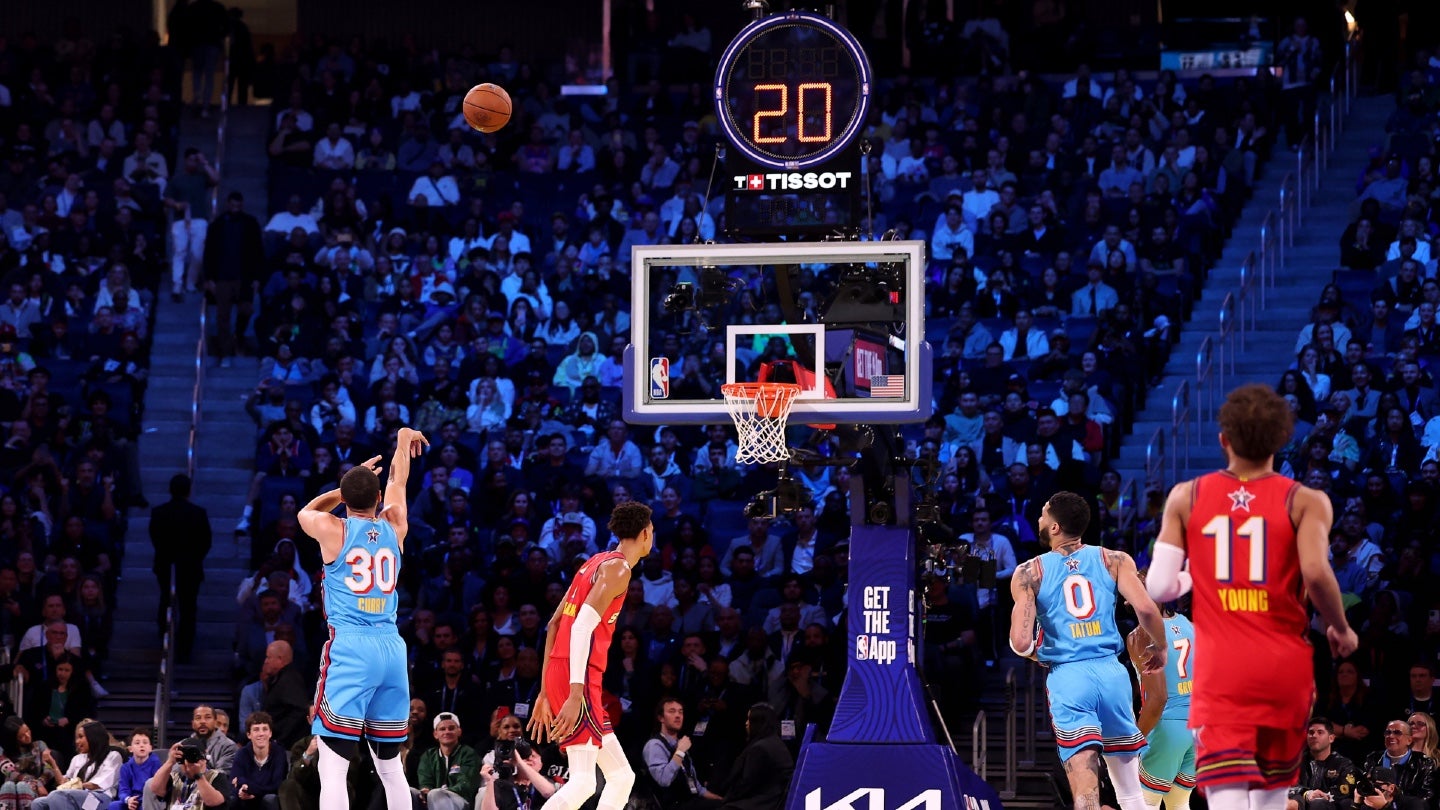
Adam Silver, the commissioner of US men's basketball’s top-tier NBA, has said the All-Star Game mini-tournament that took place last month will not return in the same format for the next campaign.
Speaking yesterday, Silver said the format of a mini-tournament – comprising four teams, including one featuring rookies and college students (which had to play its win in by winning a Rising Stars event) – will not be brought back in 2025-26. The 24 All-Star players were divided into three teams of eight players.
He stated: “We're not there in terms of creating an All-Star experience that we can be proud of and our players can be proud of … We're a bit back to the drawing board.”
Silver acknowledged: “I take responsibility, too, because we’re both a sport and an entertainment brand, and we recalibrated for this year’s All-Star Game in San Francisco around more of an entertainment product and don’t think it worked.”
Each game during the mini-tournament, which took place inside Chase Center, home to the NBA’s Golden State Warriors, was untimed and instead featured teams attempting to reach a target score of 40 points.
The changes come with the annual All-Star Game moving domestic broadcast homes next season to NBC as part of the overall new domestic deal covering the NBA. TNT Sports, owned by Warner Bros. Discovery, has covered the event for 23 years consecutively, up to this point.

US Tariffs are shifting - will you react or anticipate?
Don’t let policy changes catch you off guard. Stay proactive with real-time data and expert analysis.
By GlobalDataThe 2025-26 All-Star Game (its 75th edition) will take place at the same time as the 2026 Winter Olympics in Milan-Cortina, on February 15 in Inglewood, California.
Overall, Silver said NBC is “very enthusiastic about the All-Star Game as a marquee property.”
He added that one option for next year, considering the success of the National Hockey League’s 4 Nations Face-Off tournament earlier in 2025, is to implement an international competition element of some kind into the All-Star Game.
Silver said that “maybe we can single out if there are some international teams that can compete.”
The seven-game 4 Nations Face-Off – comprising the US, Canada, Sweden, and Finland – averaged 6.5 million viewers across North America.
The championship game, which Canada won 3-2 in overtime at TD Garden in Boston, was watched by an average audience of 9.3 million on the ESPN sports network in the US and 6.3 million on Sportsnet in Canada. It was the second-most watched hockey game in the past decade.


